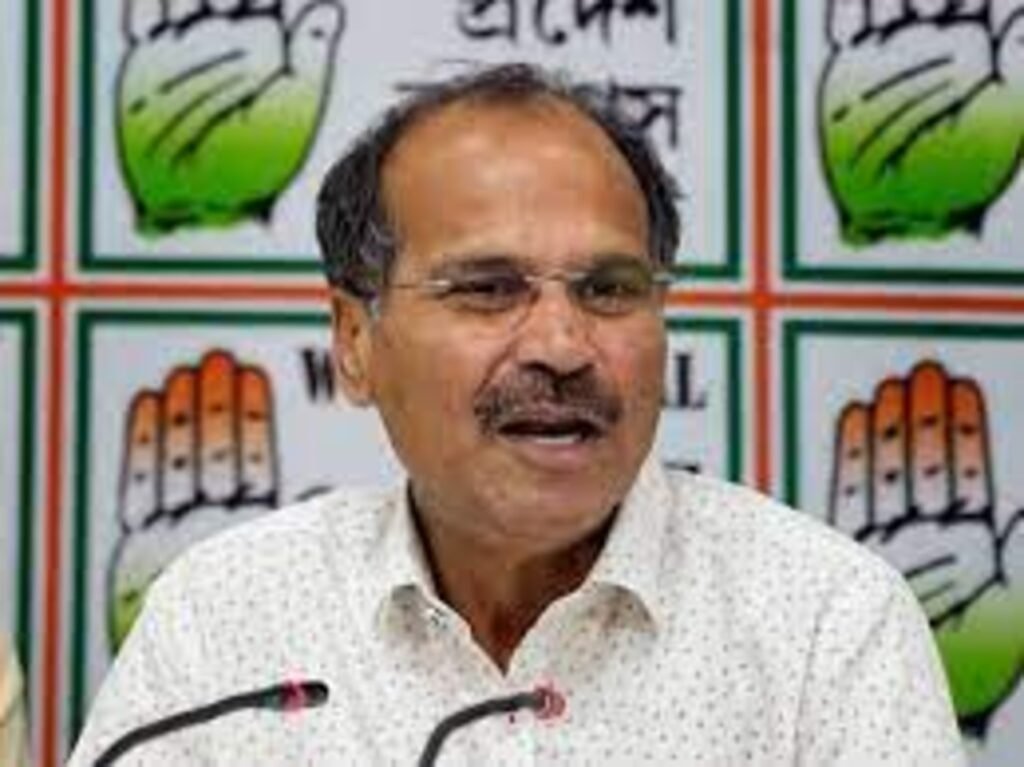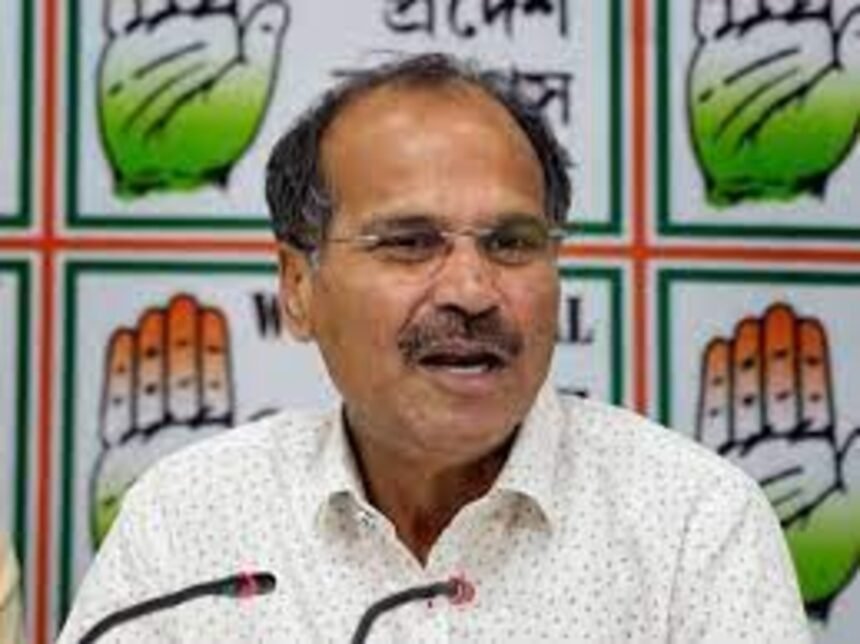August 12, 2023
Introduction
In an unprecedented turn of events, Adhir Ranjan Chowdhury, a prominent Congress MP and the Leader of the Opposition in Lok Sabha finds himself suspended from the House due to what he describes as “unruly behaviour.” This move has prompted Chowdhury to express his astonishment at what he perceives as a new phenomenon in his political career.

Chowdhury’s suspension arose from his controversial remarks during a no-confidence motion debate in the Parliament. He drew parallels between Prime Minister Narendra Modi, fugitive businessman Nirav Modi, and the blind king Dhritarashtra from the Hindu epic Mahabharata. The comparison stirred controversy, with Union parliamentary affairs minister Pralhad Joshi demanding that Chowdhury apologize for what he deemed as “baseless allegations” against the Prime Minister.
Addressing the situation, Chowdhury voiced his concerns about this suspension, calling it a “deliberate design by the ruling party to throttle the voice of the opposition.” He criticized the ruling party for attempting to suppress dissent and weaken the democratic spirit of the Parliament. He asserted that putting forth arguments in the House should not warrant suspension, and that his remarks were not intended to hurt anyone.
What MP Adhir Choudhary had to say
“This is a new phenomenon we have never before experienced in our career in Parliament,” Chowdhury remarked, further stating that if necessary, he is prepared to take the matter to the Supreme Court. This potential move reflects his determination to challenge what he sees as an infringement on the rights of the opposition and an attack on the principles of parliamentary democracy.
Chowdhury also touched upon the ongoing debate surrounding the name “I.N.D.I.A.,” chosen by the newly-formed Opposition alliance. He questioned why Prime Minister Modi opposed the use of this acronym and speculated that it might stem from the discomfort he feels with the acronym’s association with the diverse and inclusive identity of the country.
The suspension of a senior Congress leader has ignited discussions both within and outside the political sphere. It has drawn attention to the delicate balance between freedom of expression and maintaining decorum within the Parliament. As the situation unfolds, the potential legal action by Chowdhury could shed light on the boundaries of parliamentary proceedings and the scope of opposition voices in a democratic framework.
Conclusion
The suspension itself might be temporary. The larger implications for the Indian political landscape and the discourse within the Parliament is still unknown. As Chowdhury considers taking his case to the highest court of the land, the outcome could set a significant precedent for the relationship between opposition voices and the ruling party, impacting the functioning of India’s democratic institutions.






